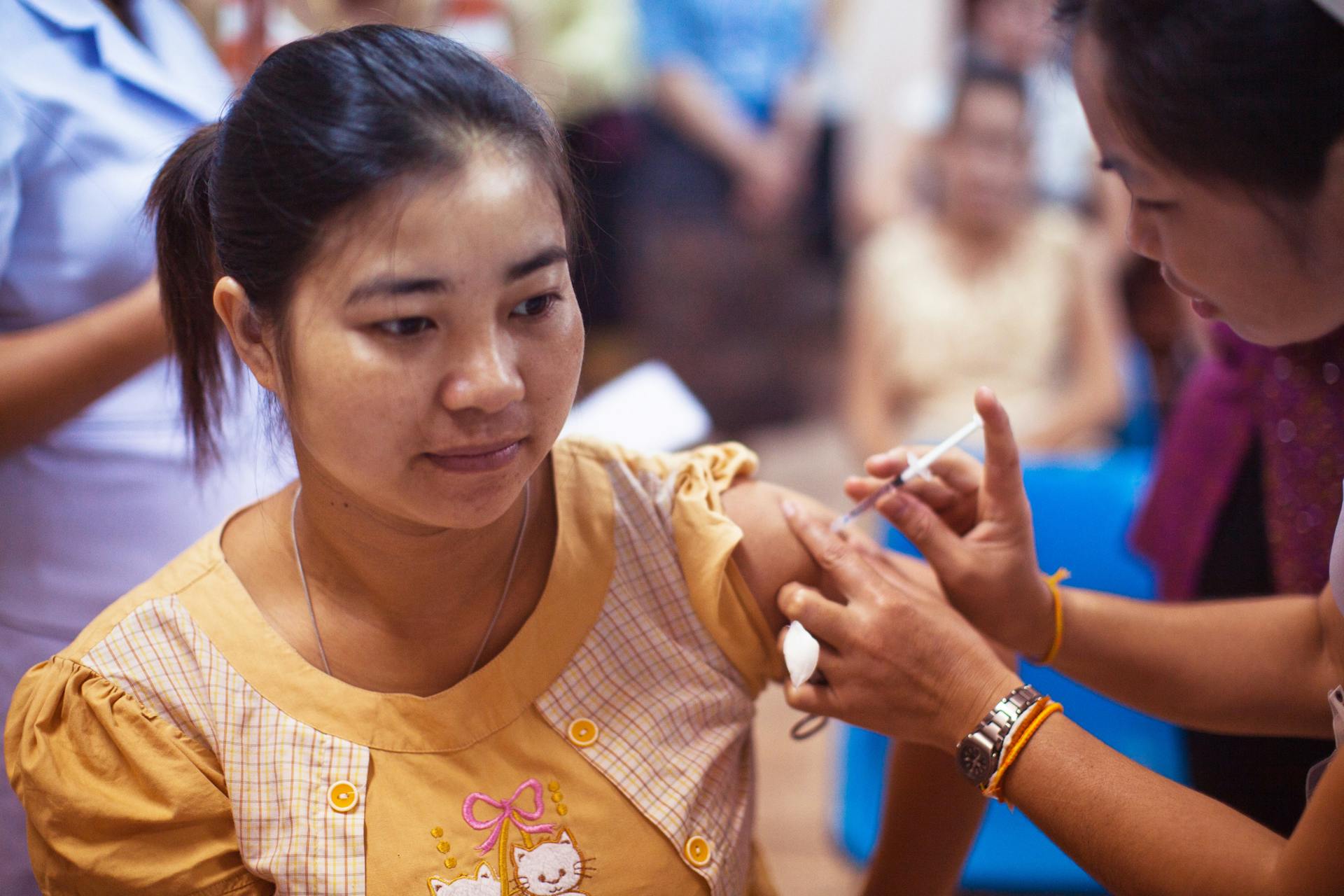In a world where the importance of vaccination cannot be overstated, it remains a challenge ensuring that all members of a community, particularly those in rural areas, complete their immunization schedules. One of the reasons for this is the difficulty in spreading awareness and reminders about vaccination schedules. This article will explore how text message reminders can be highly effective in improving vaccination rates in rural communities.
Vaccination and Public Health
Vaccination is a cornerstone of public health, protecting individuals and communities from potentially deadly diseases. The advent of immunization has saved millions of lives and continues to protect countless more. Yet, despite these benefits, vaccination coverage can be inconsistent, particularly in rural communities.
A lire en complément : What Are the Latest Treatments for Hormone-Refractory Prostate Cancer?
In rural areas, vaccination coverage can be hampered by several factors including geographical distances, lack of healthcare facilities, and misinformation about vaccines. Yet, ensuring full immunization coverage in these areas is crucial as it helps prevent the spread of diseases and maintains public health.
Moreover, vaccination not only protects the individual who receives the vaccine but also contributes to community immunity. This means that when a high percentage of a community is vaccinated, the spread of a disease is limited, protecting those who cannot be vaccinated due to medical reasons.
A lire en complément : What Are the Therapeutic Effects of Deep Tissue Massage on Chronic Lower Back Pain?
The Role of Mobile Technology in Vaccination Coverage
In today’s digital age, mobile technology has become an integral part of our lives. A study recently published in the PubMed database shed light on the potential of mobile technology, particularly text message reminders, in improving vaccination rates in rural communities.
Mobile phones are ubiquitous, even in rural areas. Their use goes beyond communication, becoming tools for education, banking, and health. In the context of health, the humble text message can become a powerful tool to remind individuals about their vaccination schedules.
Various studies have been conducted to explore the effectiveness of text message reminders in increasing vaccine coverage. One such study, which can be accessed via CrossRef, demonstrated a significant improvement in the immunization rates of children in rural areas when their caregivers received text message reminders about upcoming vaccinations.
Text Message Reminders as an Intervention
Text message reminders offer a simple, affordable, and effective intervention to improve vaccination rates. The premise is simple: send a text to the individual or their caregiver reminding them of their upcoming vaccination. The message can include the date, time, and location of the vaccination, along with other relevant information.
This intervention has been found to be particularly effective for children’s vaccination schedules, which can be complex and hard to keep track of for many parents. A simple reminder can make a world of difference, ensuring the child receives their vaccine at the right time.
Google, among other tech companies, has also recognized the potential of text reminders in health care. Through its Google.org initiative, the company has supported projects that utilize text reminders to improve vaccination rates.
Analysis of the Effectiveness of Text Message Reminders
The effectiveness of text message reminders in improving vaccination rates is not merely anecdotal. Multiple studies have provided empirical evidence supporting this intervention.
In a study published in the PubMed database, text message reminders were found to significantly improve the timeliness and completion of childhood immunizations in rural areas. The study showed that children whose caregivers received text message reminders were more likely to be vaccinated on time compared to those who did not receive reminders.
Another study, which can be accessed via CrossRef, found that text message reminders were not only effective in improving vaccination rates but were also cost-effective. The study concluded that the use of text message reminders could be a cost-effective strategy for improving immunization coverage in low-resource settings.
Overcoming Challenges with Text Message Reminders
While text message reminders hold great promise, implementing them is not without challenges. Connectivity issues, literacy levels and the availability of mobile phones can be barriers to the success of this intervention in rural areas.
However, these challenges can be overcome. For instance, to address connectivity issues, text message reminders can be sent in batches at different times of the day, increasing the likelihood of them being received.
To address literacy levels, the messages can be designed to be simple and clear. In areas where the ownership of mobile phones is low, communal phones can be used to receive reminders.
With these measures in place, text message reminders can play a crucial role in improving vaccination rates in rural communities, contributing to public health and community immunity. Text message reminders serve as a simple, yet powerful tool leveraging the ubiquity of mobile technology to help protect our most vulnerable populations.
The Implementation of Text Message Reminders
The implementation of text message reminders for vaccination is a straightforward process. Once an individual or a caregiver is registered in the health system or a specific program, they can opt-in to receive text messages reminding them of upcoming vaccination appointments. The reminders can be sent at various intervals, such as a week before the appointment and a day prior.
These reminders can be automated using software, reducing the burden on healthcare workers. The system can also be set up to send out educational messages about the importance of vaccination, further increasing awareness and acceptance.
According to an article published on PubMed, implementing text message reminders for vaccination in Kenya resulted in a significant increase in the uptake of routine immunization services. In the intervention group that received the reminders, the vaccination coverage was considerably higher than in the control group that did not receive the reminders.
A study on the CrossRef Medline indicated that the implementation of a text message reminder system in rural Pakistan led to a significant increase in influenza vaccination rates among pregnant women. The controlled trial showed a 30% increase in vaccination rates in the intervention group that received text messages compared to the control group that did not.
Conclusion: The Potential of Text Message Reminders in Public Health
The potential of text message reminders in public health, particularly in improving vaccination rates, is immense. From the studies and evidence available on Google Scholar, PubMed and CrossRef Medline, it is clear that this simple intervention can make a significant difference.
Text message reminders leverage the widespread use of mobile phones to deliver important health information right into the hands of the people who need it the most. Even in rural areas where traditional means of communication can be challenging, the humble text message stands out as an efficient way to disseminate information and reminders.
The cost-effectiveness of this intervention is another major advantage. Sending a text message is inexpensive, and the automation of the process further reduces costs. According to a randomized controlled trial published on PubMed, the cost per additional child vaccinated due to text message reminders was substantially lower compared to traditional methods.
However, it is crucial that as we embrace this technology, we also address the challenges that come with it. Ensuring connectivity, addressing literacy levels, and promoting mobile phone ownership in rural areas are important steps towards maximizing the benefits of this intervention.
In conclusion, text message reminders represent a promising strategy to improve vaccination coverage and hence public health. As we continue to harness the power of technology in healthcare, simple yet effective solutions like these will play a crucial role in protecting our communities. As the saying goes, ‘prevention is better than cure’, and with these SMS reminders, we are more equipped than ever to ensure that everyone, regardless of where they live, has access to life-saving vaccines.










